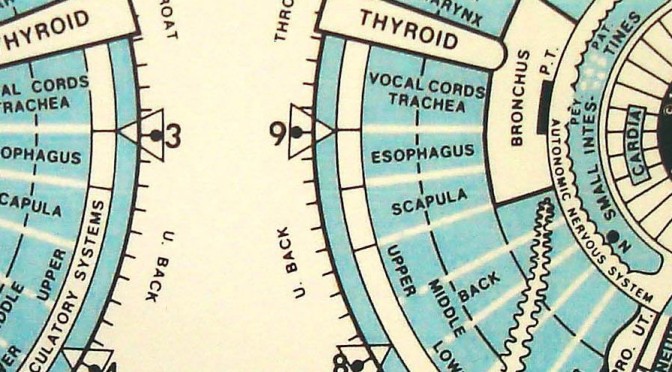Iridology is the study of the Iris of the eye (the coloured sector) to determine information about the bodily genetic strengths and weaknesses, levels of inflammation and toxins, efficiency of the eliminative systems and organs and – what is very important – the causes of symptoms and disease.
Iridology is a universal language common to all living beings. The Iris, which is connected to the brain via the hypothalamus, acts like a control panel, giving readouts on conditions in various parts of the body. The iris was part of the brain in the embryonic stages of development in the womb, and extends out from the brain on the Iris Stalk. Thousands of nerve endings make up the Iris.
Iridology helps the patients learn about their strengths and weaknesses and become more personally aware of what they can do to help themselves. This knowledge is not to be feared but welcomed. “Man Know Thyself” is an important step towards health.
Iridology monitors the movement towards disease and towards health. As the bodily tissues become less inflamed or congested, the iris registers the treatment response, and the healing process.
Iridology is a diagnostic science, it is a safe, non-invasive and inexpensive method of analysis and can be integrated with both orthodox and complementary medicine.
Iridoanalyses can be done for free as a part of the Allergy and Intolerance test, to learn about the potential weaknesses of the body.
